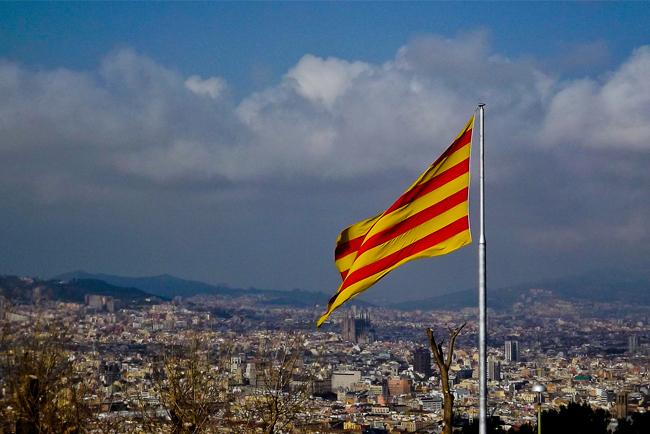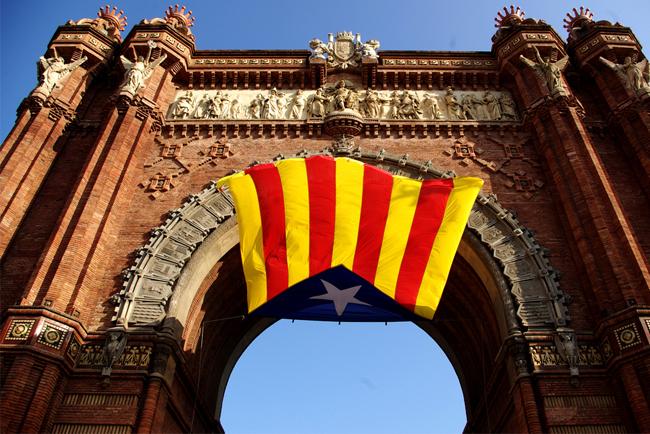Online bookings
24 hours a day
0044 (0) 20 3239 1595
English Phone
Mon-Fri: 8-16:00 GMT
Customer Service
Barcelona is not only a wonderful city in Spain, it is also the capital of Catalonia, a prosperous region that has been fighting for independence from Madrid since it lost it in 1714. While Spanish, or Castilian, is the official language that unifies much of the Iberian Peninsula, Catalan remains the official language of Catalonia, making the people of Barcelona truly bilingual.

Spanish is the third most spoken language in the world, after Chinese and English; it is not only spoken in the Iberian Peninsula, but also in all of South America. The beauty of Spanish, that is, the Spanish language that unifies all these peoples, is also marked by the variety of accents and linguistic expressions that distinguish the various countries that use it. In Barcelona, due to the high presence of South Americans, it will be easy to find these linguistic nuances: you will thus discover that, among the Latin American variants, Colombian is considered the Spanish par excellence, that the Spanish of Peru has a slower rhythm than the others, and that the Argentinean language has a unique sonority, of incredible fascination.
Even though it is the capital of Catalonia (the people of Barcelona themselves adopt this word, more than a mere "regional capital"), Barcelona is the most international city, strongly linked to its own traditions as well as open to their promotion. It will therefore be easy, especially in the city's more touristy areas, to hear Spanish spoken instead of Catalan, sometimes even English if it's a question of big shops or hotels. Catalan is still deeply rooted in the culture of the city, so much so that all school subjects (except mathematics) are taught in the language of Catalonia. In the smaller cities and towns, on the other hand, most families are not used to speaking the language of Madrid and continue to proudly transmit their own official language

In every language there are words that are essential to know, especially for a foreign tourist who has to move in a new city with little difficulty. First of all, you will need a Barcelona street map and therefore you will have to ask for a Barcelona street map. In the restaurants it will be useful to know where the bathroom or the toilet is, and to clarify with the waiter if you want to eat or just drink something. In Barcelona you might be a little confused by the words written on the menus of the city's bars: for example, what is the difference between an entrepan and a bocadillo? The answer is none: it is a sandwich, although the first one is written in Catalan! The more touristy places usually have an English-language menu, but it is not unusual to find traditional places that have a menu in Spanish only (or even only in Catalan). Here, you can trust the friendliness of the staff and try out new foods, why not?
My comments